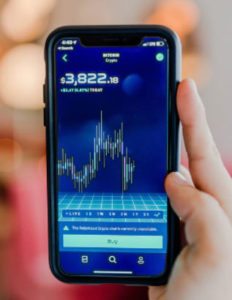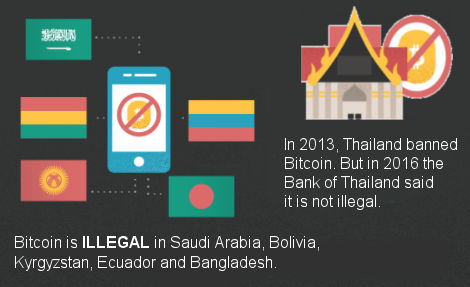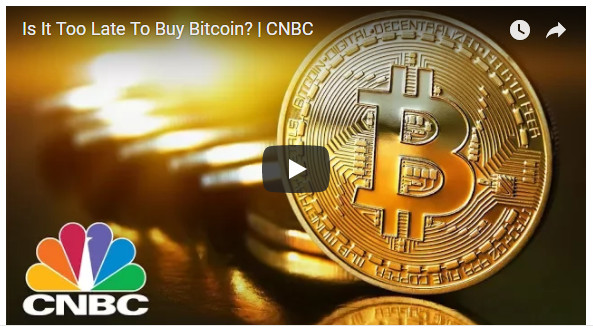
This system will enable peer-to-peer interaction between network participants. This will provide IDs for 5 million students across 3,500 schools which will be used to store educational records. The premise is to allow primary, secondary, and university students a way to track their educational, career, and future progress via a digital identity built on Atala Prism which is a decentralized identity solution that enables people to own their personal data and interact with organizations seamlessly, privately, and securely. It is hoped that once they have a secure digital ID it will enable future “financial transactions”.
Although some may consider this an Orwellian nightmare, experts believe that this could be a first step in improving African economies by stimulating socio-economic change. Blockchain technology will provide digital identity to millions of Ethiopians which they hope is the first step to real financial inclusion, sorely lacking in Africa. This innovation is being sponsored by 3 international organizations. The first is Cardano, which is technically owned by the Cardano Foundation, a Swiss non-profit organization specializing in using technology to benefit governments. Cardano commissioned the software company IOHK and a Japanese software company, Emurgo, to develop and maintain the Cardano blockchain.
Although the Bitcoin runup has recently focused on trading cryptocurrencies this is not the major benefit for most people. The goal for “financial inclusion” is to provide easy access to useful and affordable financial products and services such as payments, savings, credit, and insurance to the over 1.7 billion people who remain under- or unbanked. By providing access to banking services it has the potential to boost annual GDP of all emerging economies by $3.7 trillion. Although, recent events like ransomware for oil pipelines have given cryptocurrencies the reputation for hiding illicit transactions according to the Chainalysis 2021 Crypto Crime Report less than 1% of crypto transactions were for illicit purposes. In fact, blockchain may actually help law enforcement track down criminal transactions as it did in the example of the Silk Road dark market, the 2021 Twitter hack, and the aforementioned Oil Pipeline hack.
In a recent article, we examined another blockchain competitor called Ripple which is making inroads into the financial sector in the form of bank-to-bank transactions rather than the individual transactions that Bitcoin specializes in. These new applications for blockchain demonstrate the almost limitless applications that blockchain can address due to its virtually un-hackable distributed ledger system. Blockchain has the potential to become a global decentralized source of trust that could be used to collect taxes, reduce financial fraud, improve healthcare privacy and even ensure voting security.
Back in 2018, we published an article entitled, “Why The Next Oil Boom Will Be Fueled By Blockchain” looking at some of the ways blockchain could affect the oil industry. Over the years, we also looked at 5 Ways Automation Has Changed the Financial World, and eCommerce Trends: What’s in Your Wallet?.
You might also like:
- Bitcoin Trends
- Cryptocurrency: Is Bitcoin the Future of Money?
- Oil Is Now More Volatile Than Bitcoin
- Meet The World’s Most Powerful Bitcoin Backers
- Ripple the Cryptocurrency of Banks
The World Economic Forum says that “Blockchain has the potential to upend entire systems – but it also faces challenges… We’re working on accelerating the most impactful blockchain use cases, ranging from making supply chains more inclusive to making governments more transparent, as well as supporting central banks in exploring digital currencies.”
FREE REPORT: “Crypto Trading Guide”
For Crypto Traders and Just “Crypto-Curious”…
Free crypto report gives you 5 clear Bitcoin strategies.
Read EWI’s “Crypto Trading Guide: 5 Simple Strategies to Catch the Next Opportunity” now.



